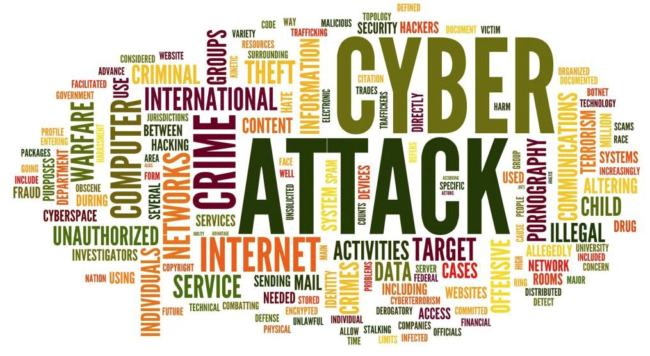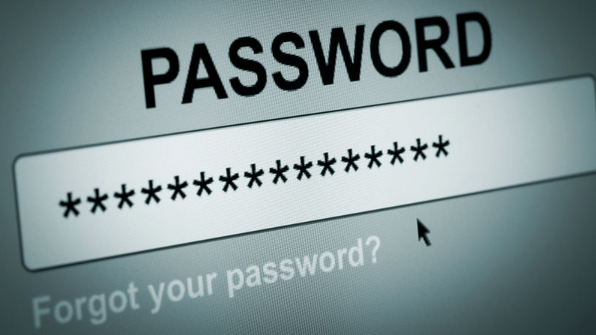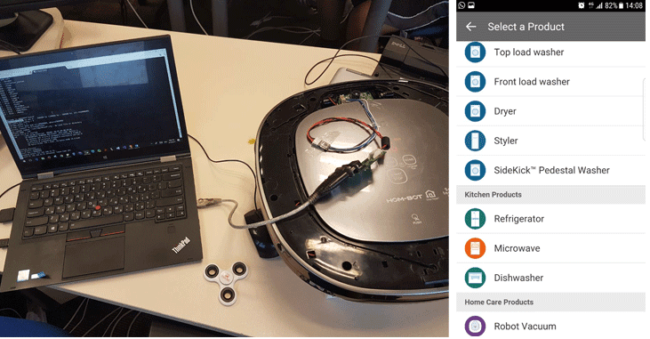Groom-to-be shocked to learn he’d been ‘married’ 3 times
Ramon Polanco wanted to get married, but there was one hitch — someone using his identity had already exchanged vows with three women over a 12-year span. Now, after more than a year of jumping through hoops with the City Clerk’s Office, a judge has allowed the 77-year-old to walk the aisle — thanks, in…










